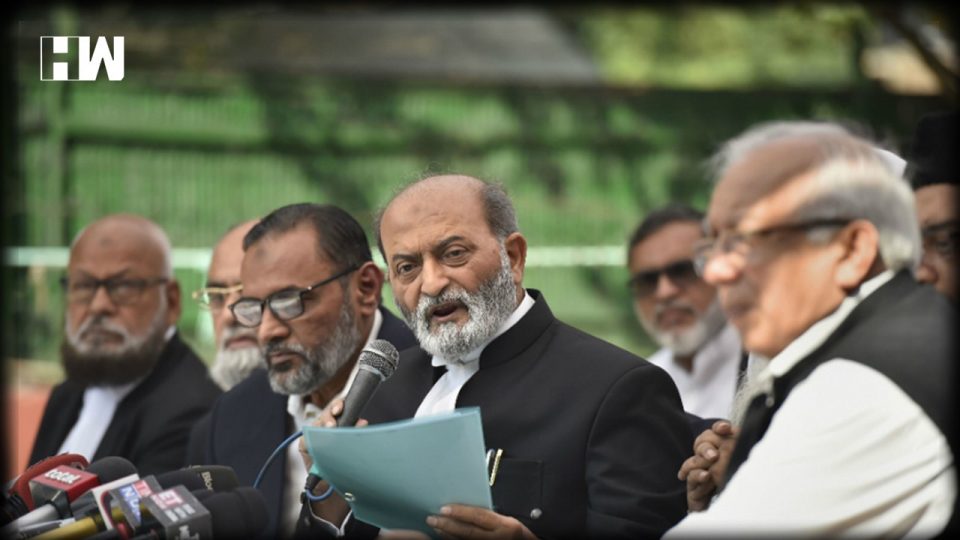The announcement came after the SCWB held a meeting of its members to discuss the pending issues related to compliance with the SC order in Ayodhya case.
Lucknow: In a meeting on Monday, the Sunni Central Waqf board accepted the five-acre land it was offered to build a mosque after the SC judgement in the Ayodhya case.
The board, which was the main litigant in the case, also announced the formation of a trust to look after the construction of the mosque as well as an Indo-Islamic Centre, a grand hospital and a public library on the land.
Six members were present for the crucial meeting, while two of them, Imran Mabood and Adul Razzaq, chose to boycott it.
A senior board person said that members first decided whether to accept the land or not and later whether to construct a mosque or any other institution there.
Chairman of SCWB Zufar Ahmed Farooqui said, “In the board meeting, it was decided to accept the five-acre land and to form a trust to look after the construction of the mosque.”
On November 9, the board had called a press meet and announced that it would welcome the SC’s order and not file a review petition.
In a historic verdict in November 2019 on the Ram Janmabhoomi-Babri Masjid dispute, the Supreme Court had ruled in favour of the construction of a temple. It also ruled that an alternative five-acre plot must be found for a mosque within Ayodhya.
Also Read: “I will not allow protests and chants inside the House”: Lok Sabha Speaker Om Birla
Meanwhile, litigants in the Babri case had said that the land chosen for the mosque was too far from the town and ought to be reconsidered, or they would not be left with any option but to approach the Supreme Court once again.
“The site for the mosque is too far from Ayodhya. It will be difficult for people to go that far to offer Namaz. The decision should be reconsidered and land must be allotted nearby,” Haji Mahboob, one of the litigants said.
The All India Muslim Personal Law Board (AIMPLB) and Jamiat Ulema-e-Hind, which represented the Muslim litigants in the court, had rejected the offer to allot land to Muslims for the mosque.
As an independent media platform, we do not take advertisements from governments and corporate houses. It is you, our readers, who have supported us on our journey to do honest and unbiased journalism. Please contribute, so that we can continue to do the same in future.

